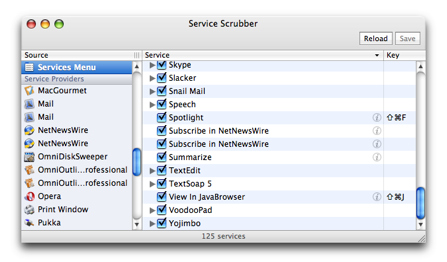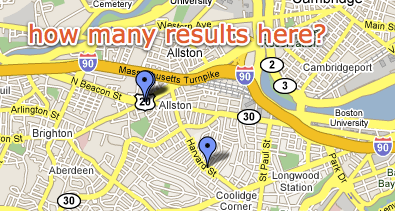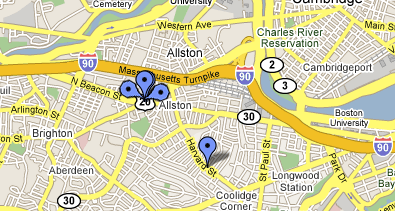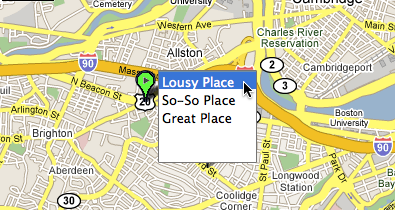Service Scrubber
June 2nd, 2007Most of us face the problem of inertia in almost everything we do. We eat the same foods, watch the same television, take the same walks, go to the same parks, talk to the same people, day in and day out.
And in many ways this is good. But the sheer inertia of our habits can prevent us from realizing how much better things could be with just a little tweaking. Walk a slightly different route one day on the way home from work, and lo and behold, a secret urban garden (my gift to WWDC attendees and SF SoMa workers).
When it comes to computers, I consider myself especially sensitive to the frustrating ways that computers do what I don’t want them to, which is why it’s surprising that it’s taken me this long to install and embrace Service Scrubber, from Many Tricks. The software is free but donations are accepted. I donated, and you will too!
Service Scrubber does one thing well: it gives you power over the (quite likely) sprawling System Services menu on your Mac. Not only does it let you show or hide items, it also lets you remove or change keyboard shortcuts assigned to them. Nifty!
The problem with services is they’re installed passively when you install applications on your Mac. If you’re like me and tend to download and lazily keep around a bunch of applications, your menu will be booming with items you don’t really care about. When I first launched Service Scrubber, I got the unenjoyable spinning rainbow cursor, which was a symptom of it digging through my massive 125 long list of installed services. This was the only user-unfriendly experience I met, and it was quickly made up for. From then on I was in control of everything. And loving it. As I disabled services I would never use, I felt the usefulness of my Mac grow greater with each unchecked box.
Using Service Scrubber to clean up your menu is one thing, but even more significant is the ability to reclaim valuable keyboard shortcuts. As I browse the list of services that I am now disabling, I flash back to the dozens of times I’ve accidentally invoked them. “Grr! Why the heck is the JavaBrowser opening? I don’t even like Java!”
My only criticism of the application is a minor usability issue with the list of services. When an application has provided multiple services, they’re collected in a disclosure group named after the application. But when only one service is listed for a particular application, it shows up in the list by service name. It’s hard to tell at a glance which application these services belong to.
Few utilities scream “necessary” as loudly as Service Scrubber, which is why I’m ashamed it’s taken me this long to overcome my own inertia and to install it. Apple should buy Service Scrubber from Many Tricks and make this part of the standard user experience. Without it, Services are terribly broken.







